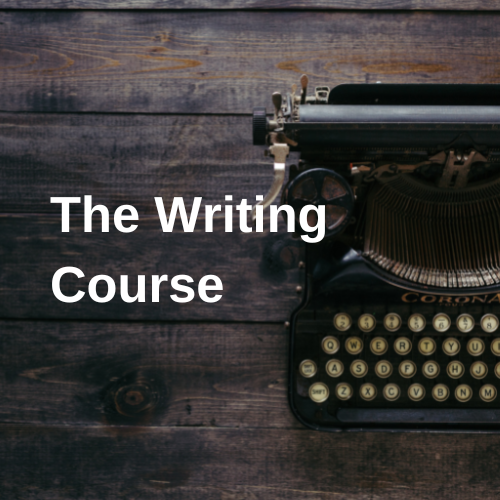Fundamentals of Academic Writing #1: Calm Focus
Academic writing is difficult, but just because something is difficult that doesn’t mean you have to suffer. The challenge of writing can actually be quite enjoyable, if you approach it the right way.
Why is academic writing so difficult?
One of the reasons why academic writing is so difficult is because it’s a combination of many different types of problem solving at the same time.
So you have to think about the big picture and your overall argument, while at the same time thinking about how that fits into the broader academic and real world contexts, while also choosing and incorporating relevant references, while also sorting out your own ideas and figuring out how to lead the reader from one point to the next, while also considering word choice and sentence structure and trying to express yourself clearly.
So what I’d like to do in the next few videos is start to break the writing process down into different skills.
The importance of calm focus while writing
The first skill, which I think is a good foundation not just for writing but for any creative—or problem-solving—act, is calm focus. We don’t want to write in a panic. We don’t want to be so afraid of a blank page that we just have to vomit words out. It’s much better to slow down, take our time and give ourselves a chance to think and engage with the different problems that we face.
Now when you spend time with your own thoughts, you might feel some discomfort or anxiety, or you might find your head filled with a million different ideas all competing for your attention, but that’s not a good reason to go as fast as you can… it’s a good reason to try to slow down, to breathe and try to calm yourself.
You need to get comfortable sitting with and observing your thoughts, and if you’re not sure what to do you need to be patient and trust that you’ll be able figure it out.
Block the internet while you write!
The most important first step to help with this is to block the internet… otherwise it’s far too easy to find yourself online as a way of coping with the discomfort. When I’m writing or thinking through a problem I use a program called Cold Turkey to block browsers, and I use an application called Freedom to block other apps and websites on my phone— I simply remove the option so it doesn’t require any willpower to stop myself going online.
But even if I’ve blocked distractions, I still find it takes a little time, maybe 15-20 minutes for my brain to settle, so I’m patient with myself and just try to stay with it instead of rushing or switching to work on something else.
It’s OK if I’m not getting words down, it’s even OK if my mind wanders, as long as I’m not doing anything else and I keep bringing my attention back to the task.
Meditation is a great way to develop this skill (and something I’d recommend for general stress reduction anyway).
The joy of writing
I know this goes against what everyone else says, but for me it’s fundamental. You’ve got to be able to slow down and calmly engage with and think through the challenges you face
It is difficult. Sometimes really difficult, but the satisfaction of writing, the joy of writing comes from finding solutions to difficult problems.
And it’s through these moments of difficulty that you develop your skills and your confidence as a writer.
When I talk about slowing down, people often raise the issue of perfectionism, which I’ll address in the next video.

